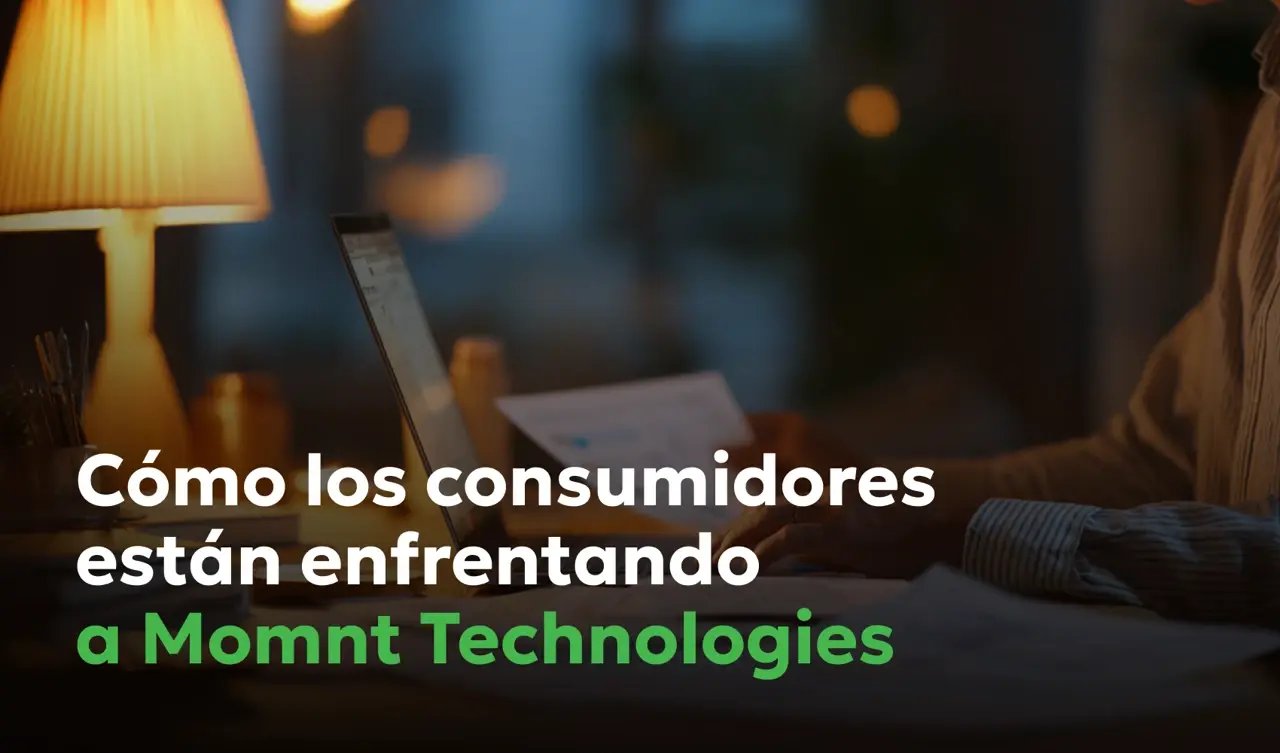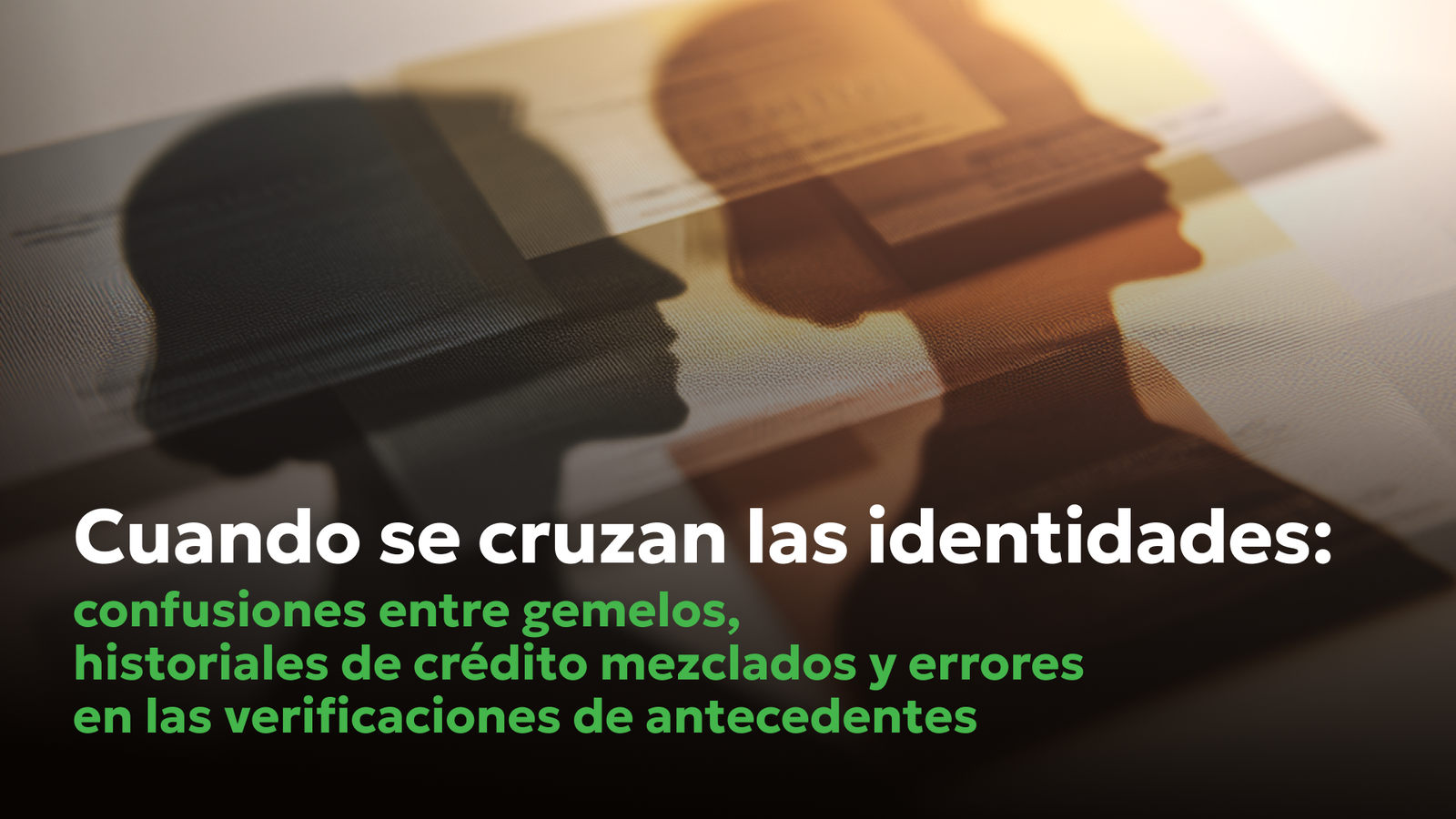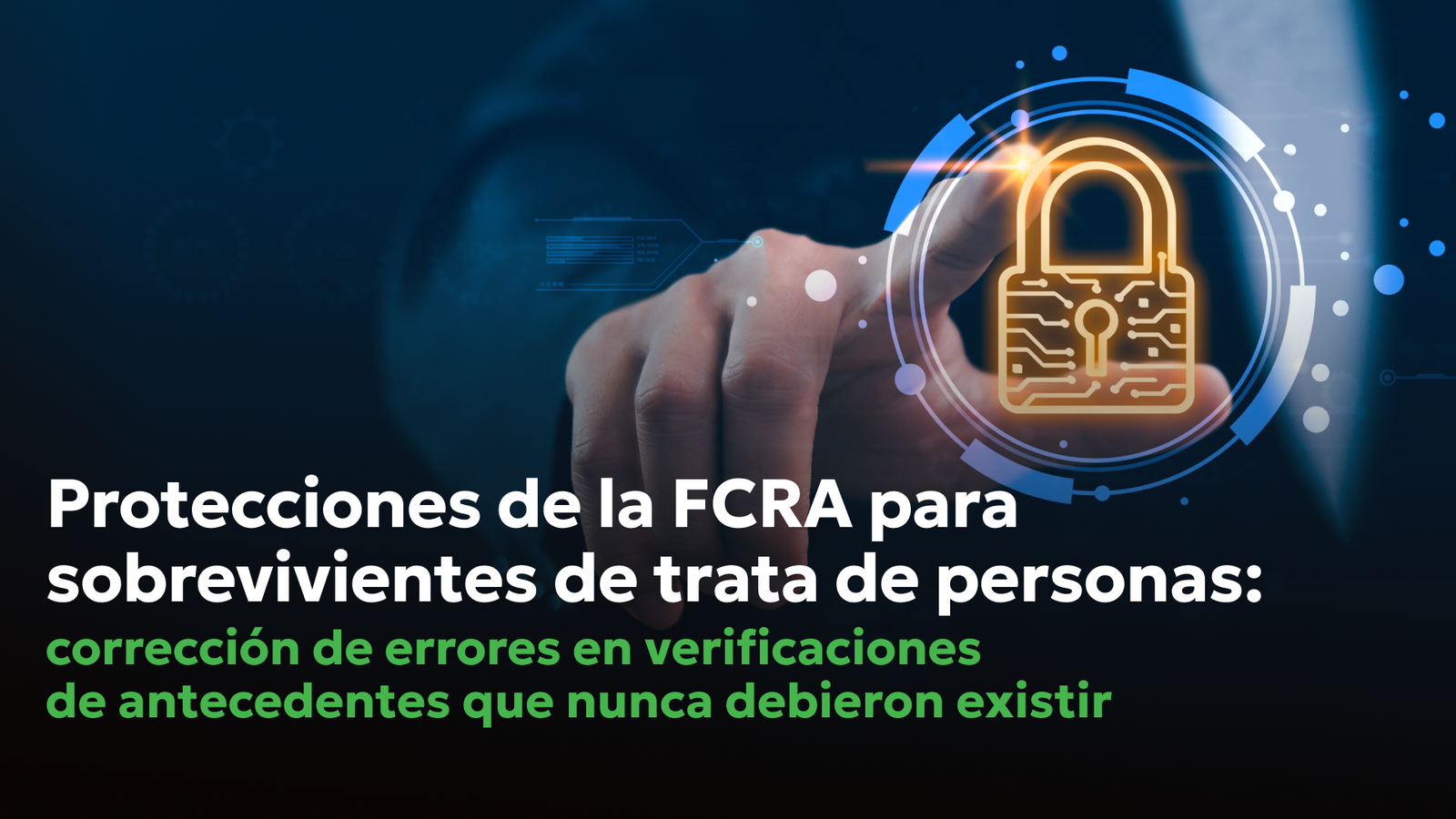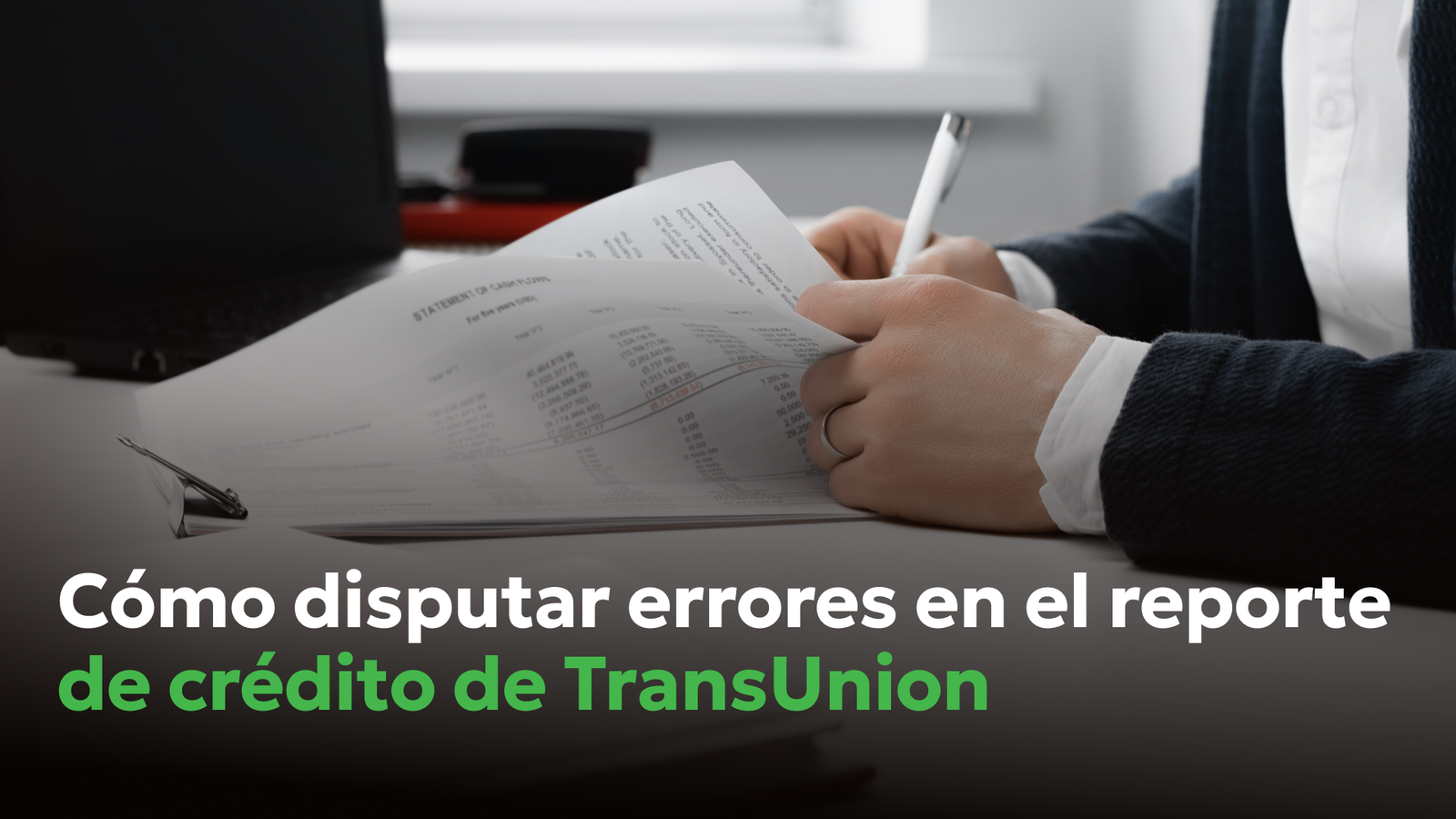¿Qué se considera una investigación razonable por parte de un proveedor?
- Blog
- Inexactitudes en los Informes de Crédito
¿Qué se considera una investigación razonable por parte de un proveedor?

El carácter razonable de la investigación depende de las circunstancias del caso
Vea cómo la investigación de un proveedor puede ser razonable o no.
Los vaivenes en forma de disputas no son ajenos al espacio crediticio. Así, cuando un consumidor disputa una supuesta inexactitud en su informe crediticio, la agencia de información crediticia correspondiente informará al proveedor.
El proveedor debe entonces llevar a cabo una investigación razonable sobre la disputa. Esta publicación se sumerge en el caso de Hauge v Amerihome Mortgage Company para descubrir el concepto de investigación razonable.
Siga leyendo.
Hechos del caso
En este caso, el demandante realizó los pagos de la hipoteca utilizando un procesador de pagos en línea de un tercero llamado Check Free. Aunque durante tres meses consecutivos, el demandante ingresó el número de cuenta incorrecto, los pagos fueron aceptados. Sin embargo, en el cuarto mes, el pago fue rechazado debido al número de cuenta incorrecto.
El pago fue rechazado por la misma razón cuando el demandante intentó pagar con cheque. En consecuencia, el pago se registró como un pago atrasado debido a la demora.
Sin embargo, el demandante disputó el informe de pago atrasado con las agencias de informes crediticios, cada una de las cuales procedió a enviar una copia de la carta de disputa y una Verificación Automática de Disputa del Consumidor al proveedor.
El investigador del demandado revisó la cuenta del demandante y las notas de servicio que indicaban las llamadas del demandante y procedió a verificar la transacción del préstamo del demandante y el historial hipotecario. Después de innumerables giros y vueltas, el demandante inició una acción contra el demandado alegando que, entre otras cosas, el demandado no investigó razonablemente su información en disputa.
El veredicto y las enseñanzas
El acusado solicitó un juicio sumario alegando, entre otras cosas, que su investigación fue razonable y precisa. Sin embargo, el tribunal rechazó el argumento.
¿Por qué?
La Ley de Informe de Crédito Justo establece la obligación de los proveedores de información de proporcionar datos precisos a las agencias de informes crediticios.
Si un consumidor nota un error en el informe crediticio, tiene derecho a disputar el error con las agencias de informes crediticios. Una vez que las agencias de informes crediticios notifican al proveedor de la disputa, el proveedor está obligado a investigar la información en disputa.
La FCRA obliga al proveedor a realizar una investigación razonable.
Lo que constituye una investigación razonable depende de las circunstancias del caso, y se debe prestar atención a lo que el aviso de disputa de las agencias reveló al proveedor. Pero, en esencia, una investigación razonable exige una investigación cuidadosa por parte del proveedor.
Sin embargo, la evidencia indica que el acusado solo se centró en el historial de pagos del demandante.
Un proveedor de información, como el demandado, no debe centrarse solo en el historial de pagos del consumidor. Esto se debe a que otros aspectos de la cuenta del consumidor pueden generar información muy necesaria sobre cuándo un consumidor realizó los pagos.
De hecho, si el demandado hubiera indagado cuidadosamente en otras áreas de la cuenta del demandante habrían descubierto al instante que el demandante intentó presentar los pagos puntualmente como antes, solo para que fuera rechazado por los demandados.
Además, el hecho de que el demandado no haya informado a las agencias de informes crediticios de la razón por la que rechazó el pago del demandante resalta aún más la falta de razonabilidad de la investigación.
Los errores en los informes de crédito son una amenaza, pero no son las únicas amenazas a las que se enfrentan los consumidores. Los consumidores tienen que lidiar con proveedores indolentes como podemos ver en este caso. Dicho esto, suscríbase a cualquiera de nuestros paquetes legales hoy mismo para obtener un apoyo constante siempre que surja la necesidad.


Daniel Cohen es el fundador de Consumer Attorneys. Daniel gestiona los esfuerzos de branding, marketing, captación de clientes y desarrollo de negocio de la firma. Desde 2017 es miembro de la Asociación Nacional de Defensores del Consumidor y del Centro Nacional de Derecho del Consumidor. Es reconocido nacionalmente en la protección de los consumid... Leer más





Artículos relacionados




R
ES™Usted no asume ningún gasto. La ley exige que ellos paguen.


